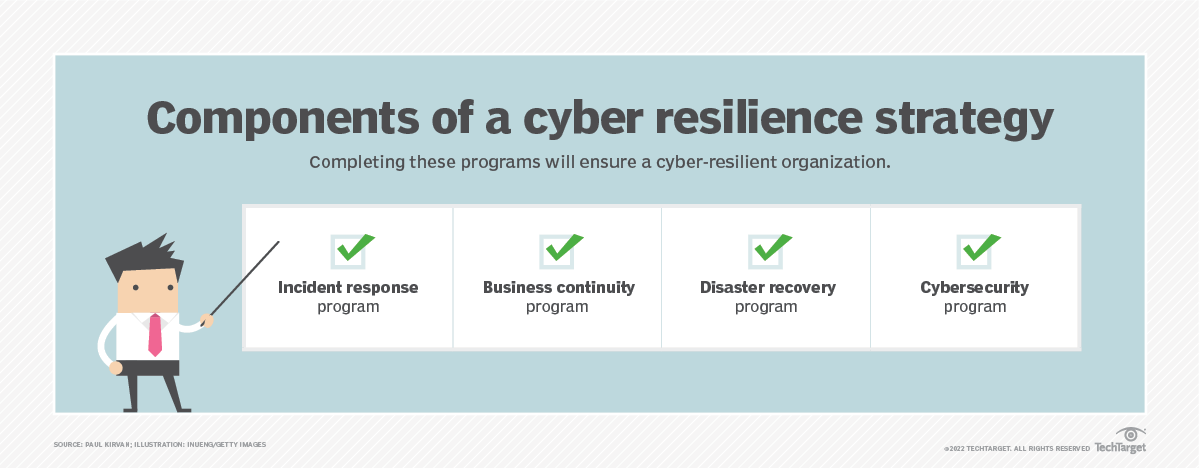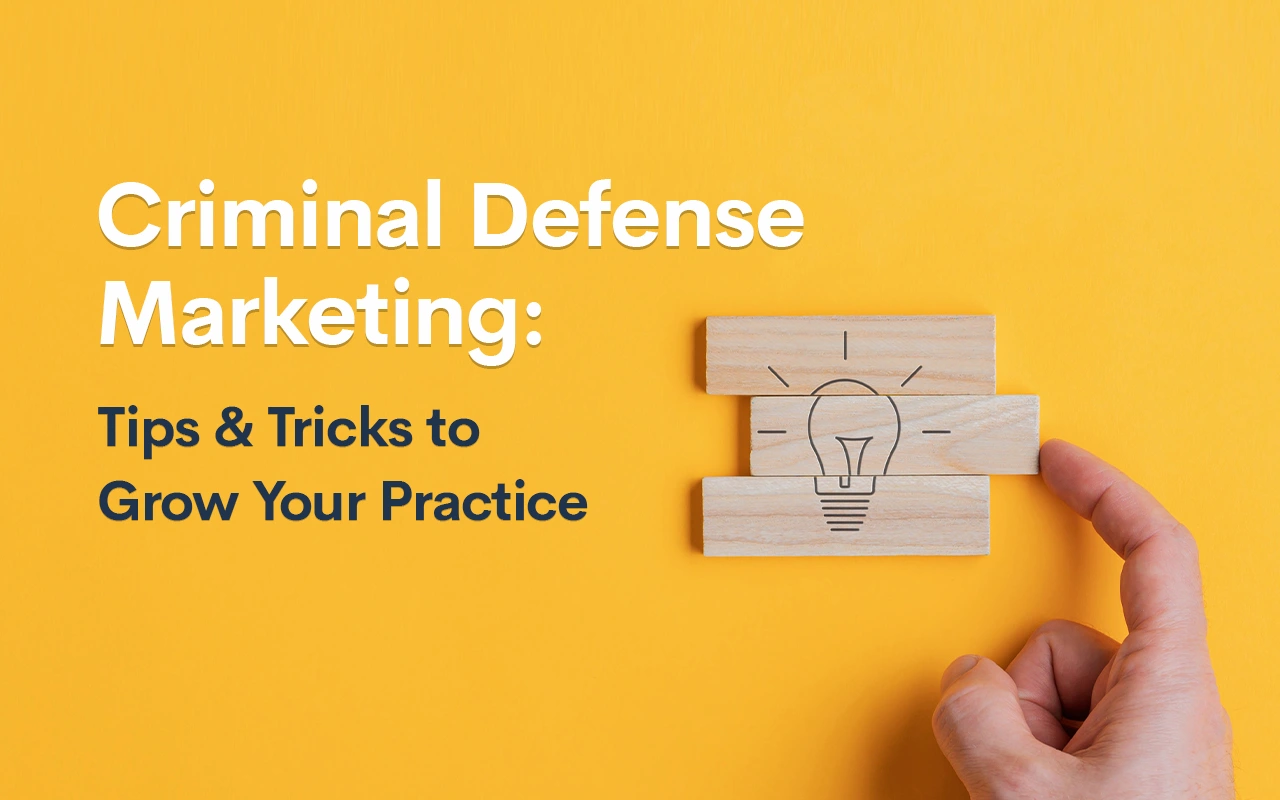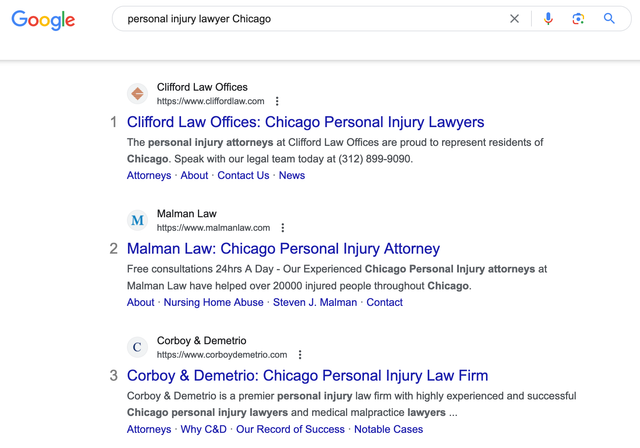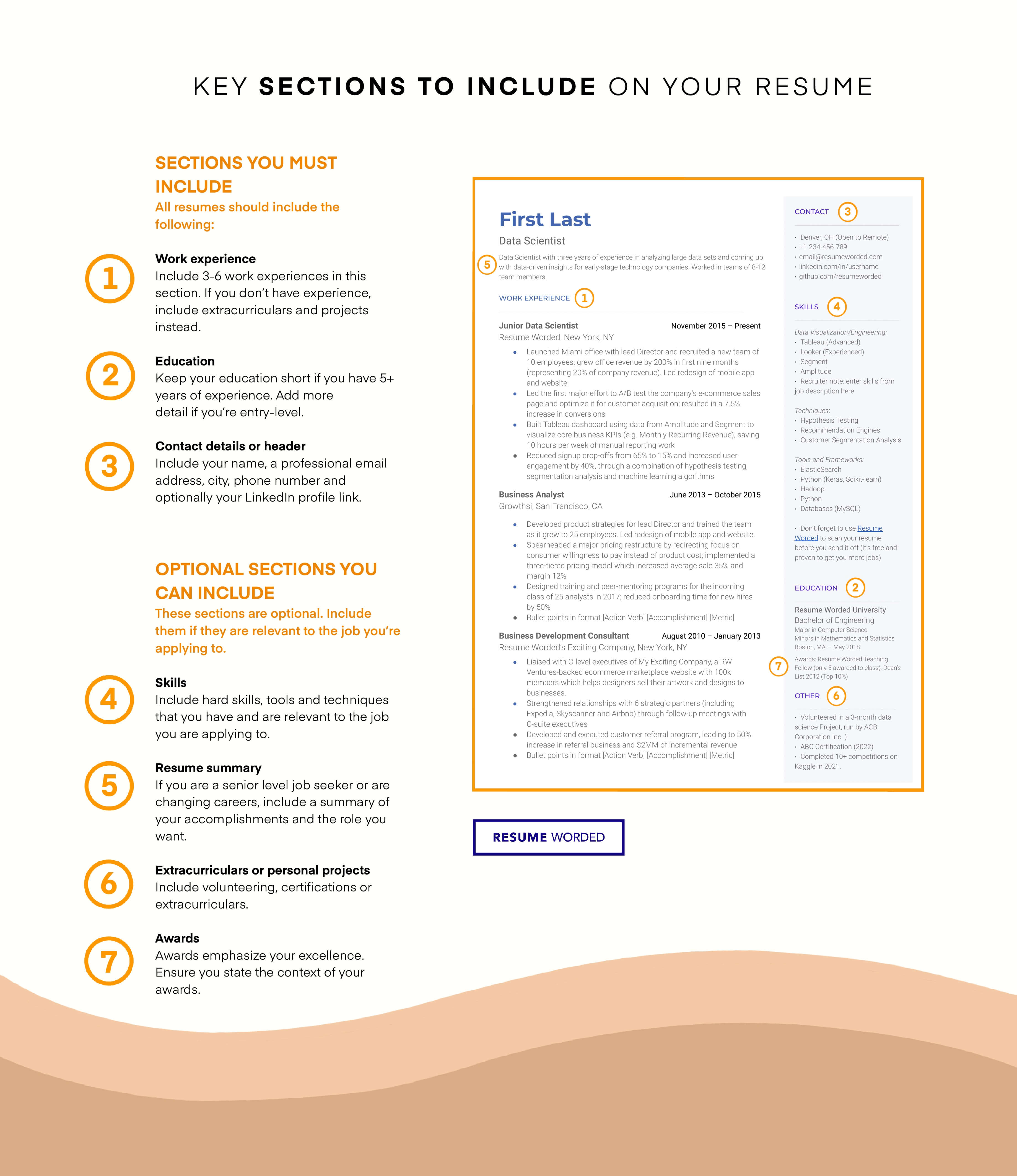
Understanding Legal Bluebook Essential Citation Guide
Exploring Legal Bluebook: Your Key to Citation Mastery
Demystifying Citation Standards
In the realm of legal writing, accurate citation is paramount. The Legal Bluebook serves as the definitive guide for citation standards in legal documents, ensuring clarity, consistency, and professionalism in legal writing. While navigating the complexities of the Legal Bluebook may seem daunting at first, understanding its essential principles is crucial for legal practitioners and scholars alike.
Understanding the Basics
At its core, the Legal Bluebook provides a set of rules and guidelines for citing legal authorities in legal documents. This includes cases, statutes, regulations, court rules, books, articles, and other legal sources. The Bluebook outlines specific formats for citations, including abbreviations, punctuation, and citation order, to maintain uniformity and precision in legal writing. By adhering to these standards, writers can communicate their arguments effectively and facilitate accurate referencing of legal sources.
Navigating Citation Formats
One of the key challenges in using the Legal Bluebook is navigating its various citation formats. The Bluebook categorizes legal sources into different types and provides specific citation formats for each type. For example, case citations follow a different format than statutory citations, and citations to law review articles have their own unique conventions. Understanding these distinctions and knowing when to apply each format is essential for producing well-crafted legal documents.
Abbreviations and Short Forms
Abbreviations play a significant role in legal citation, helping to streamline references and conserve space in legal documents. The Legal Bluebook provides a comprehensive list of abbreviations for legal authorities, jurisdictions, and common legal terms. Additionally, the Bluebook offers guidance on using short forms to reference previously cited sources within the same document, further enhancing clarity and efficiency in legal writing.
Citation Order and Hierarchy
Another important aspect of the Legal Bluebook is its guidance on citation order and hierarchy. The Bluebook establishes a specific order for citing multiple authorities within a single citation, prioritizing certain elements based on their importance and relevance to the legal argument. Understanding this hierarchy ensures that citations are presented in a logical and organized manner, facilitating ease of reference and comprehension for readers.
Electronic Sources and Online Citations
In an era of digital information, the Legal Bluebook has adapted to accommodate electronic sources and online citations. The Bluebook provides guidance on citing electronic databases, websites, and other online resources in legal documents, addressing issues such as permanence, access dates, and URLs. By following these guidelines, writers can accurately reference online sources while maintaining the integrity and credibility of their citations.
Consistency and Accuracy
Consistency and accuracy are paramount when using the Legal Bluebook. Writers must diligently adhere to the Bluebook’s rules and guidelines to ensure that their citations are uniform and error-free. This includes attention to detail in formatting, punctuation, and citation style, as well as verification of citation accuracy and completeness. By prioritizing consistency and accuracy, writers uphold the standards of professionalism and precision expected in legal writing.
Practice and Mastery
Like any skill, mastering the use of the Legal Bluebook requires practice and dedication. Legal practitioners and scholars must familiarize themselves with the Bluebook’s rules and conventions through diligent study and application. By regularly consulting the Bluebook and incorporating its principles into their writing, writers can develop proficiency in legal citation and enhance the clarity, credibility, and professionalism of their work.
Conclusion
In conclusion, the Legal Bluebook serves as an essential tool for citation mastery in legal writing. By understanding its principles, navigating its formats, and practicing its conventions, writers can effectively communicate their legal arguments and contribute to the integrity and coherence of the legal profession. With dedication and attention to detail, the Legal Bluebook becomes not just a guide, but a cornerstone of excellence in legal scholarship and practice. Read more about legal bluebook







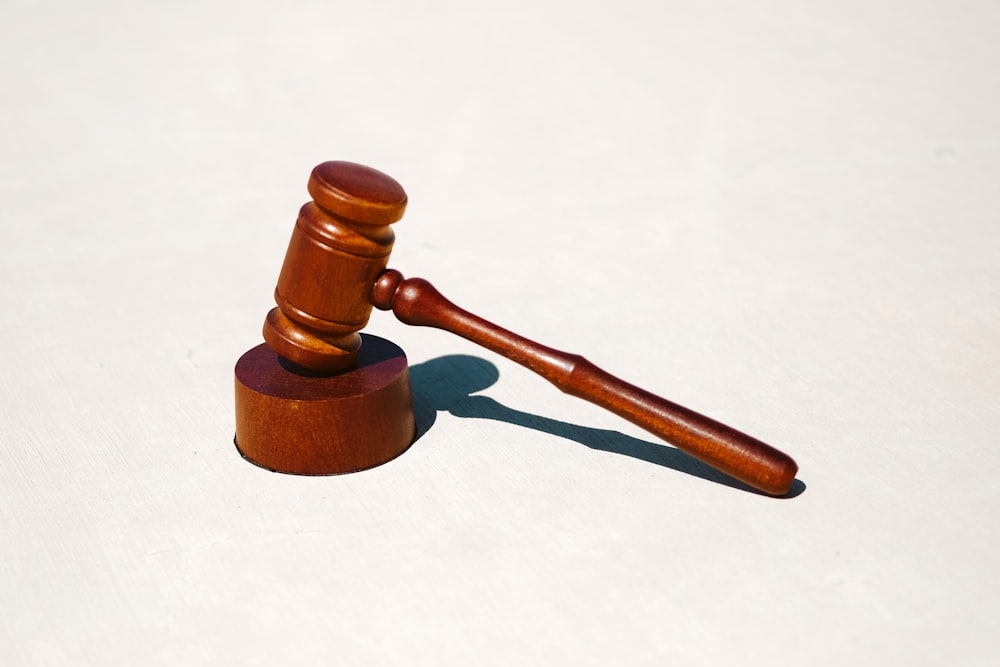

:max_bytes(150000):strip_icc()/negotiation.asp-228fca5196da4b8a99ddbb57acca7d9b.jpg)

